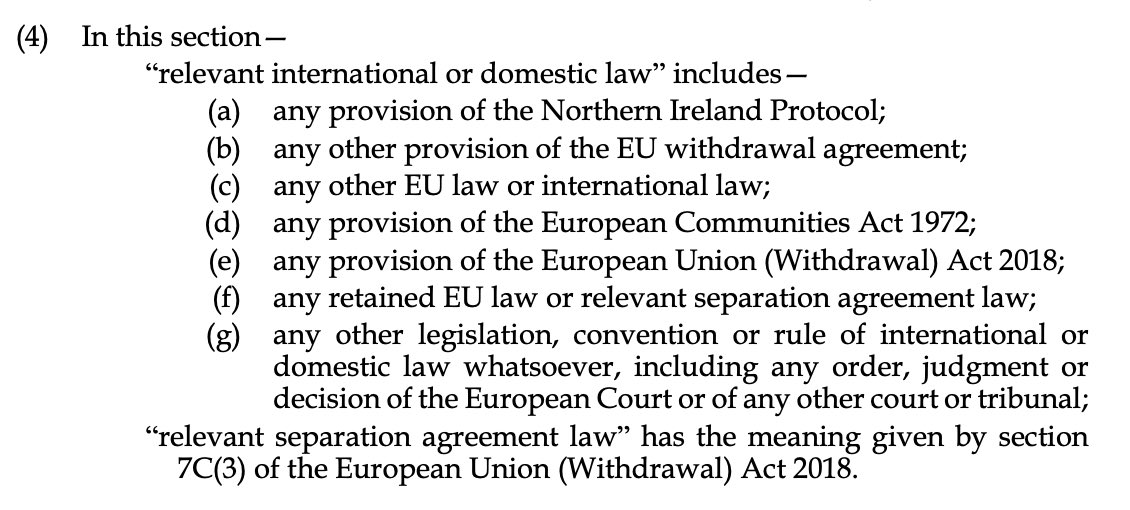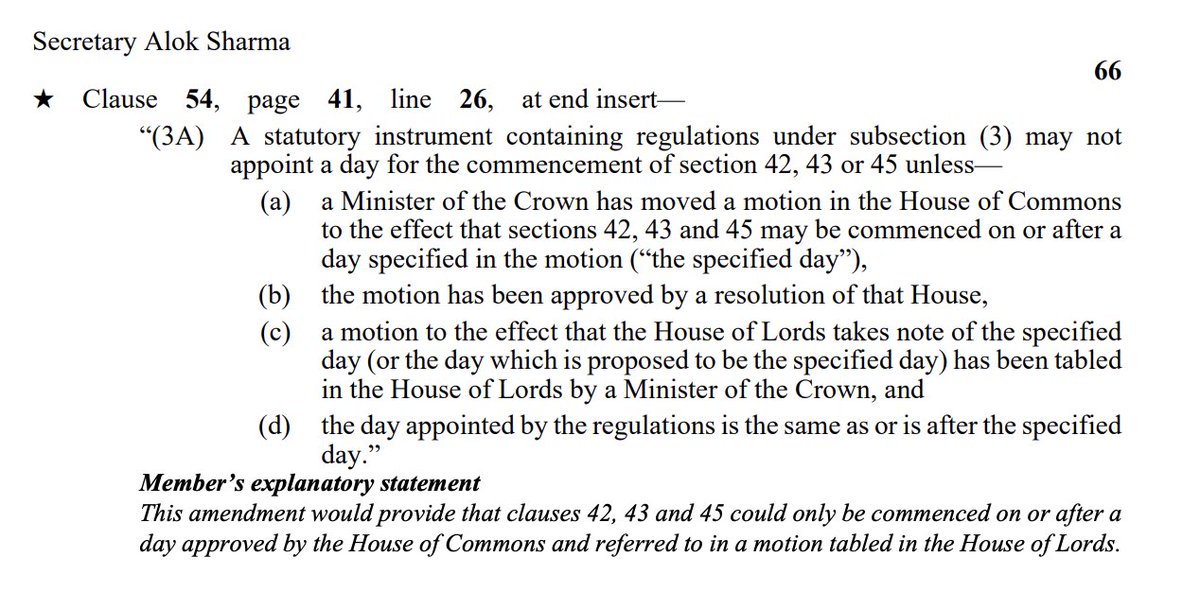
Very helpful thread. As George notes, govt's 'new objection of dogma/principle to the role of the CJEU cannot plausibly be fitted into Article 16. Where are the “serious difficulties” or “diversion of trade” being caused by its role?' (1)
https://twitter.com/GeorgePeretzQC/status/1447092927981817862
Hence the need for legislation: Government would be overriding — ie *breaching* — Article 16, not exercising its powers *under* Article 16. UK legislation could make this lawful as a matter of domestic law *but not as a matter of international law*. (2)
This would raise precisely sort of rule-of-law-based and reputational concerns that arose when the Internal Market Bill was first introduced — concerns that arise from a form of British exceptionalism arising from misplaced faith in 'parliamentary sovereignty'.(3)
A certain strand of UK political opinion assumes that parliamentary sovereignty amounts to a form legal kryptonite (or does not care that it isn't). The trouble is, it only works in the UK: it does not licence breaches of international law *as a matter of international law*. (4)
I set this argument out when the Internal Market Bill was introduced in this post. (5/5) publiclawforeveryone.com/2020/10/10/leg… 

I've posted some more detailed thoughts on all of this here: publiclawforeveryone.com/2021/10/10/leg…
• • •
Missing some Tweet in this thread? You can try to
force a refresh








